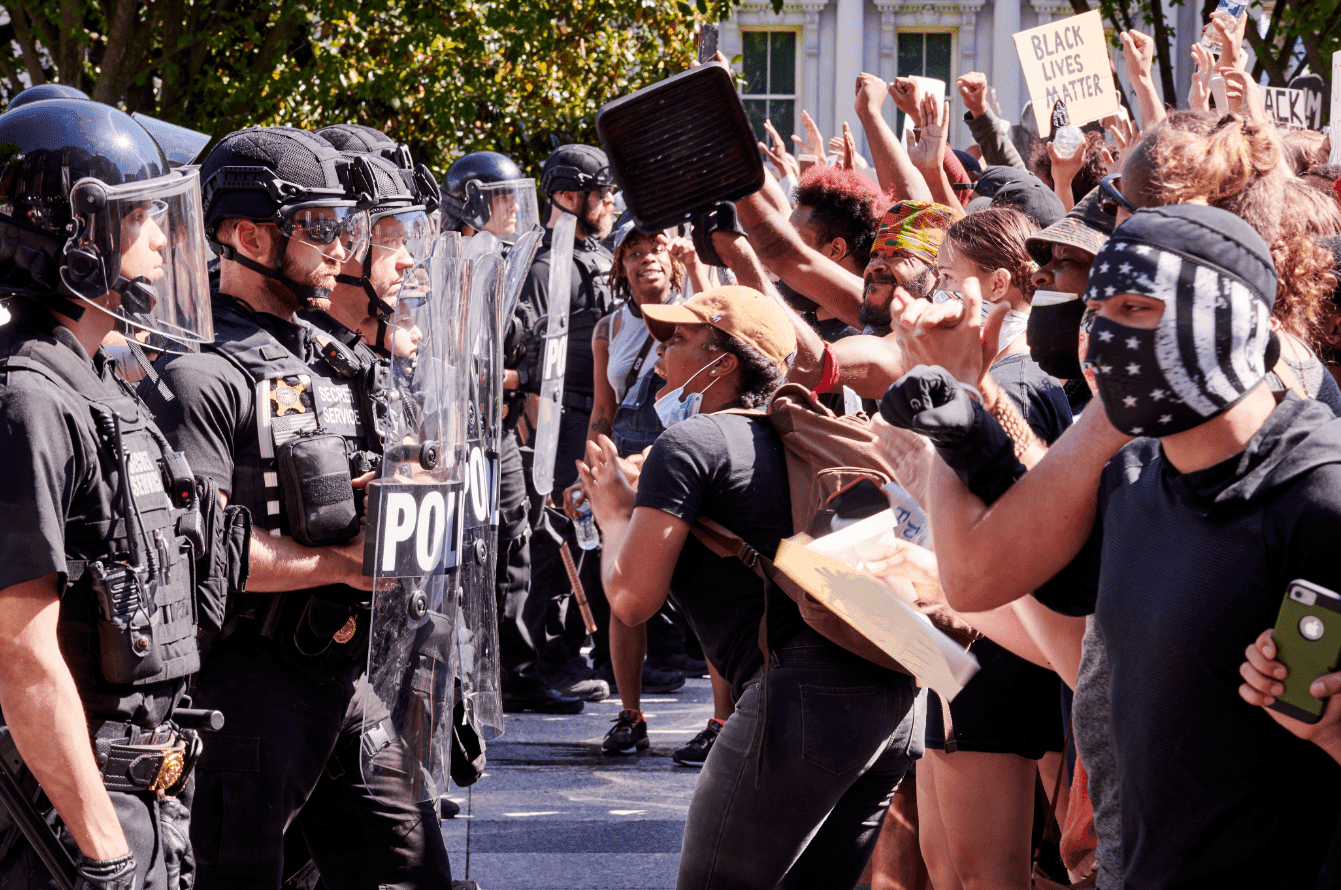Opinion
The Riot as a Legitimate Form of Protest

What is it about the mention of riot that makes a lip curl? A movement for social justice becomes one of mindless thugs in the eyes of the condemner. Yes, rioting is violent that cannot be disputed, but riots work. What option is left for those oppressed and constrained within the very systems that claim to protect? What use is peaceful protest when your very human rights are violated, when your cries fall on deaf ears?
Riots have rocked the world. From the Stonewall Riots of 1969 to Hong Kong 2019 and most recently, the wave of rioting accompanying the Black Lives Matter movement in response to the murder of George Floyd. Rioting is the result of years of tension and mistreatment; a cry to be heard.
Rioting is an effort to enforce societal reform when all peaceful means have been exhausted or ignored. Their legitimacy is questioned due to the violence and destruction of property that ensues, but at what stage does property take privilege over social justice? Mainstream media can be quick to condemn rioters, for example, before it does a regime rife with systemic racism. A corporation can afford the bill for damages – but a human life cannot be restored. In the capitalistic society within which we reside, we have been taught to value economic productivity and property as paramount. Our values have become materialistic while our privilege allows a disconnect, making us more likely to condemn rioters as mindless thugs.
“Rioting is an effort to enforce societal reform when all peaceful means have been exhausted or ignored”
The mainstream media plays a huge role in framing rioters in a negative light. Riots challenge the status quo, and the majority of the time these news outlets have a pro-government stance due to their foundations. Rioting then becomes synonymous with chaos and violence, which can envelop the actual meaning of the protest. The media may try to portray the rioting as mindless, lacking substance, when in reality it is the burst of anger after years of oppressive and unjust treatment, a manifestation of accountability.
We’re well versed in the images played across our screens, of burning husks of cars and looters dragging valuables out of electronic stores. This distortion removes the rioters from civil society – we see them as merely violent and criminal. And yes, some of their actions may be, but they are a reaction to mistreatment by a structure that has failed them.
In the age of social media, however, the free flow of information allows images and videos to seep across the globe. Support can grow online, and propagandist outlets are no longer the only valid sources of information. Accountability is now more possible than ever. We saw this with the most recent wave of riots arising out of the BLM movement, which the mainstream media stopped reporting on as apparent interest dwindled.
On social media, though, the fire continued to burn. Social media helped to hone a global movement, inspiring protests around the world. It forced the Minnesota police department to take action and opened a plethora of related cases in regard to police brutality, which will hopefully result in a more just system. Rioting may be a violent last resort, but it works.

